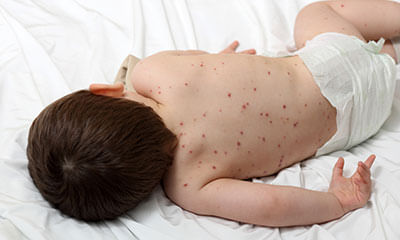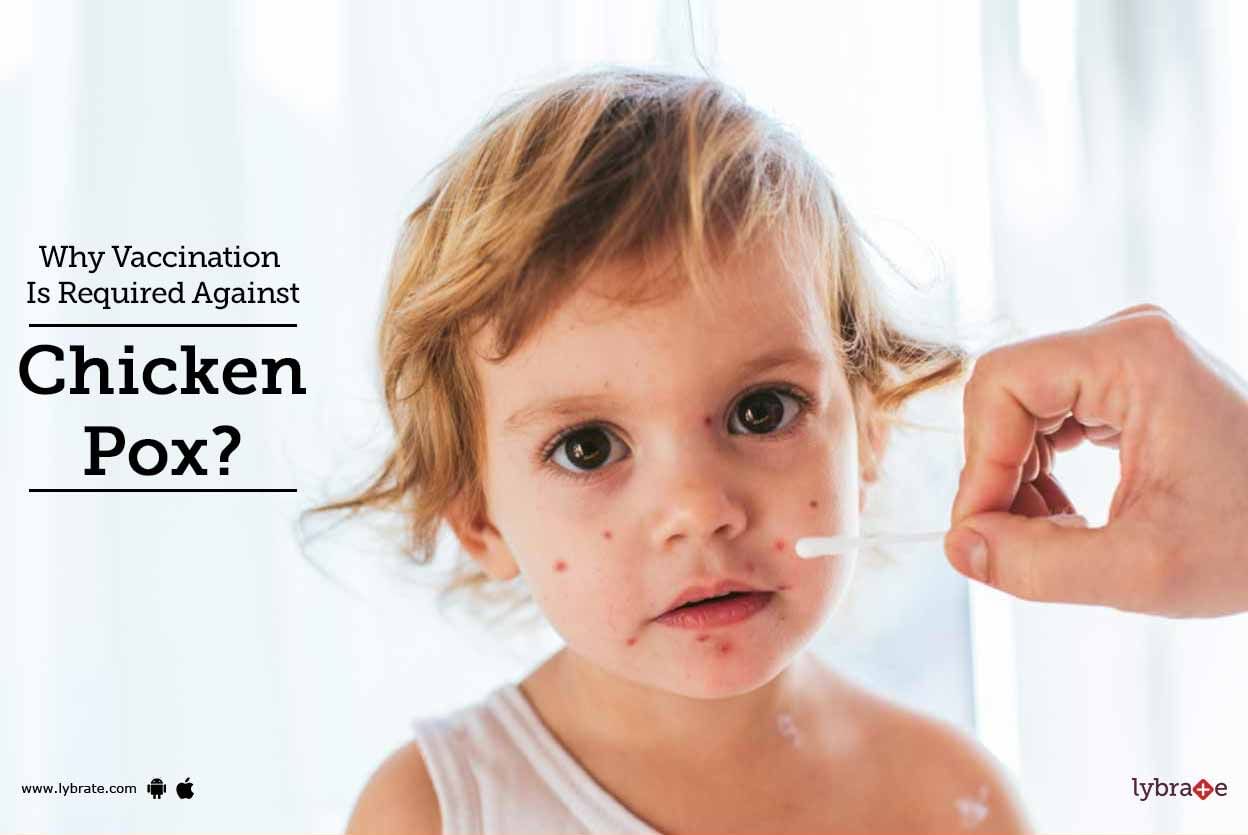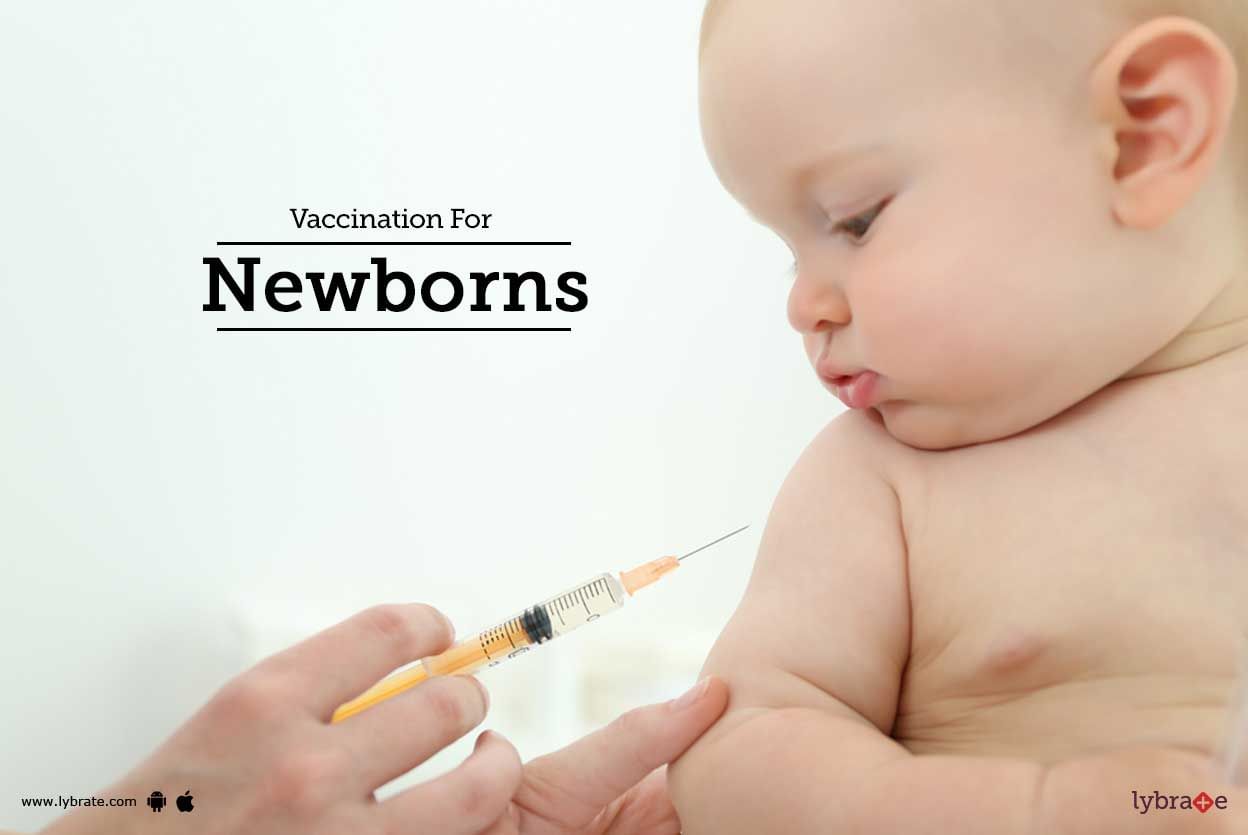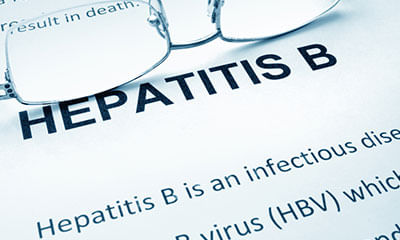Get the App
For Doctors
Login/Sign-up
Health Feed
AllQ&AsTipsQuizzes
Varicella Vaccine Health Feed
Last Updated: 10 years ago• Featured Tip
Share
Bookmark
Report
Asked for Male, 32 years old from Chennai
Share
Bookmark
Report
Health Query
Share
Bookmark
Report
Gardasil vaccine, if taken between 9-15 years of age, only 2 doses r needed (6 months apart).
Between 15-45 years of age, you need 3 doses, 0, at 2 months & 6 months.
All doses r same.
Between 15-45 years of age, you need 3 doses, 0, at 2 months & 6 months.
All doses r same.
Asked for female, 43 years old from Thane
Share
Bookmark
Report
Last Updated: 6 years ago• Featured Tip
Share
Bookmark
Report
Chickenpox or varicella is a type of viral infection that causes itchy rashes accompanied by tiny fluid-filled blisters. It is highly communicable to those who have not experienced this disease earlier or have not been immunized against it through vaccination.
The vaccine against chicken pox is a shot protecting anyone, who has already contracted the disease. It is known as the varicella vaccine since chicken pox is triggered by the virus called varicella-zoster. The vaccine is prepare...more
The vaccine against chicken pox is a shot protecting anyone, who has already contracted the disease. It is known as the varicella vaccine since chicken pox is triggered by the virus called varicella-zoster. The vaccine is prepare...more
Asked for Male, 25 years old from Hyderabad
Share
Bookmark
Report
Currently only the Human Papilloma Virus vaccine is available for adolescent girls.
My suggestion is: -
Avoid multiple sexual partners
Practice safe sex (use condoms)
My suggestion is: -
Avoid multiple sexual partners
Practice safe sex (use condoms)
Health Query
Share
Bookmark
Report
Last Updated: 9 years ago• Featured Tip
Share
Bookmark
Report
The immune system is extremely important in an individual's system. A strong immune system helps to combat the invasion of foreign particles and consequently resists the diseases. Vaccination is such a context becomes imperative as it strengthens an individual's immunity. In vaccination, antigens or germs are given in very small doses. They stimulate the immune system to produce antibodies to fight against that particular infection. Vaccinations are provided to both children to protect them fro...more
Last Updated: 5 years ago• Featured Tip
Share
Bookmark
Report
Asked for male, 30 years old from Mumbai
Share
Bookmark
Report
Ask a free question
Get FREE multiple opinions from Doctors
posted anonymously


















